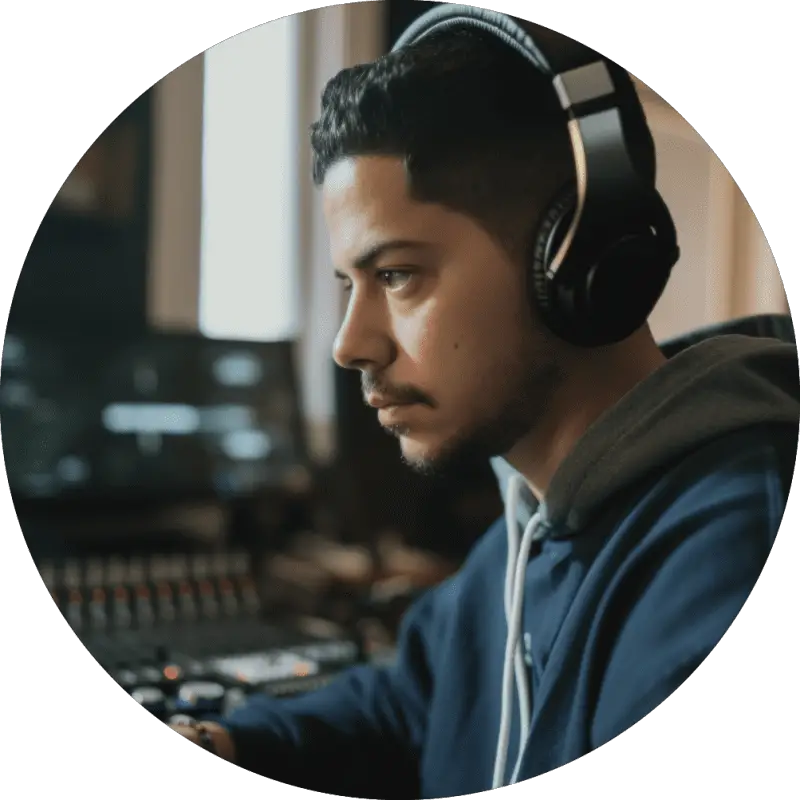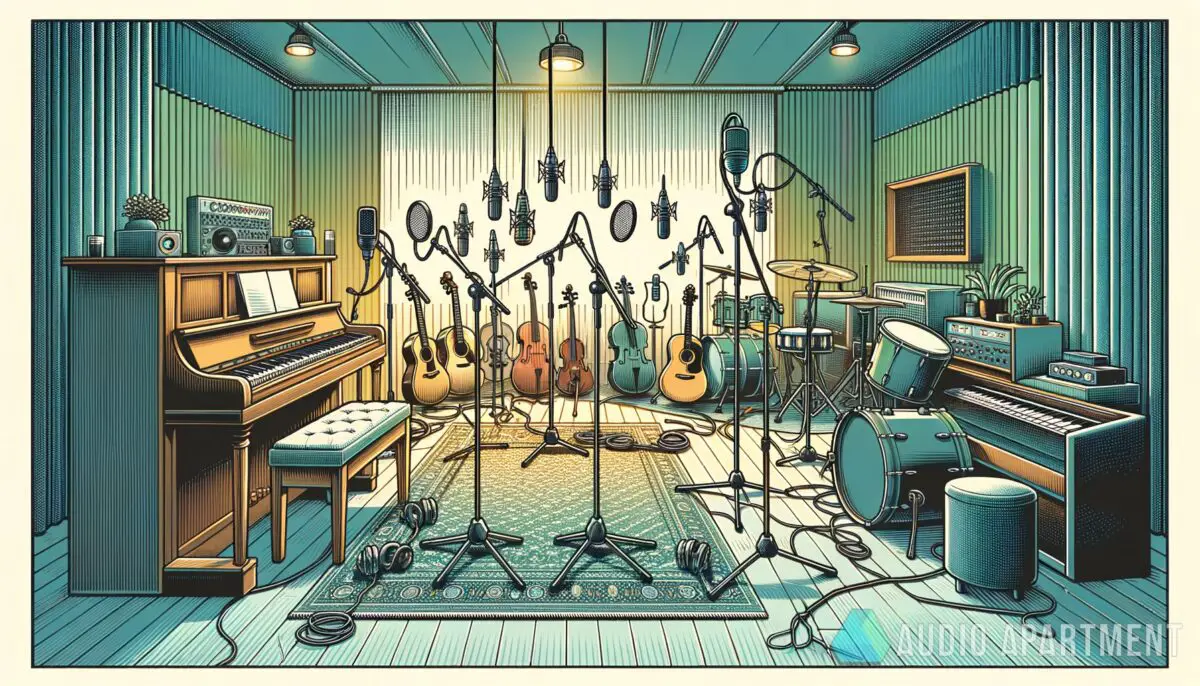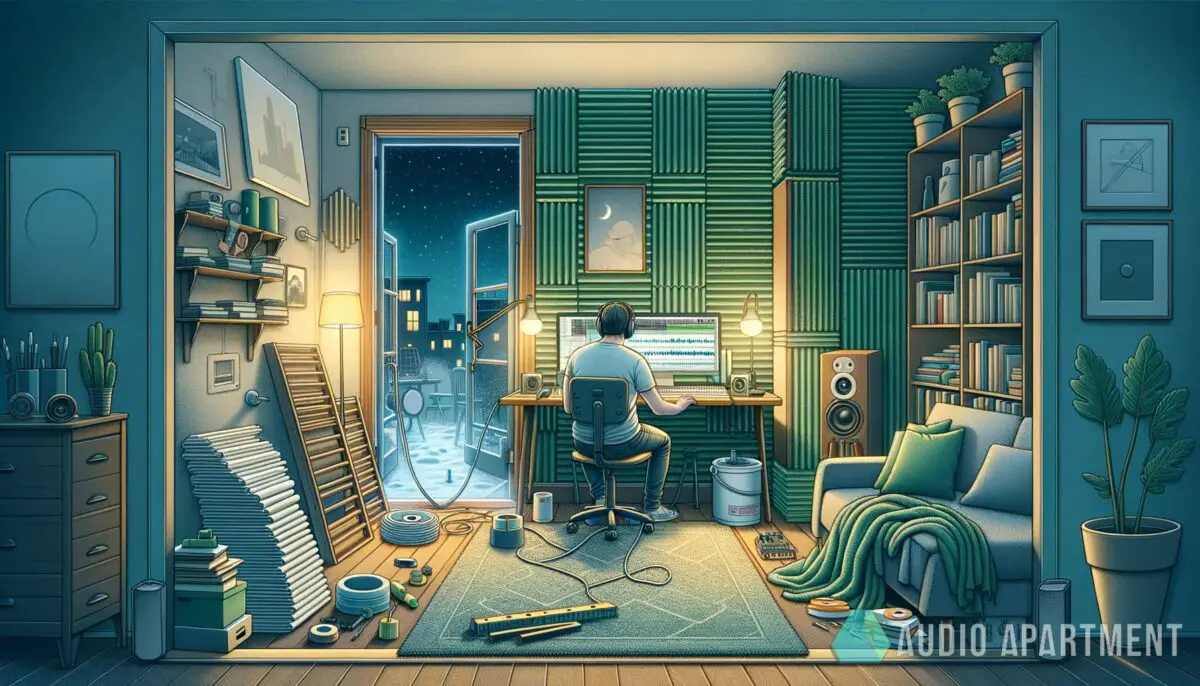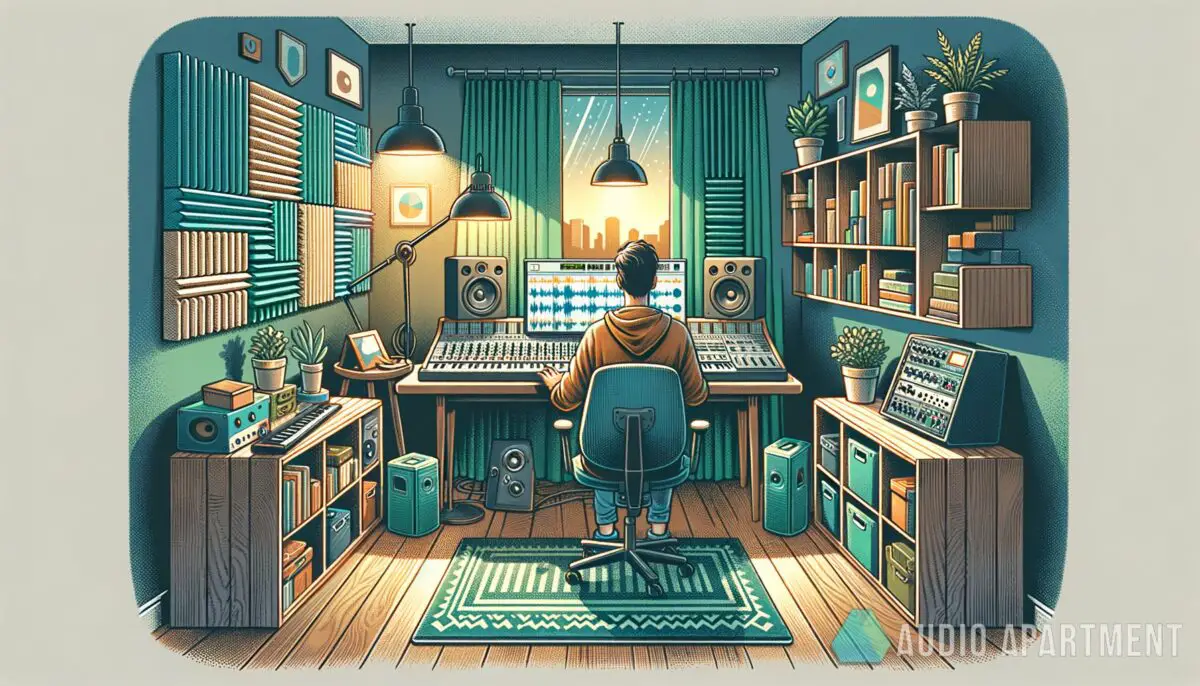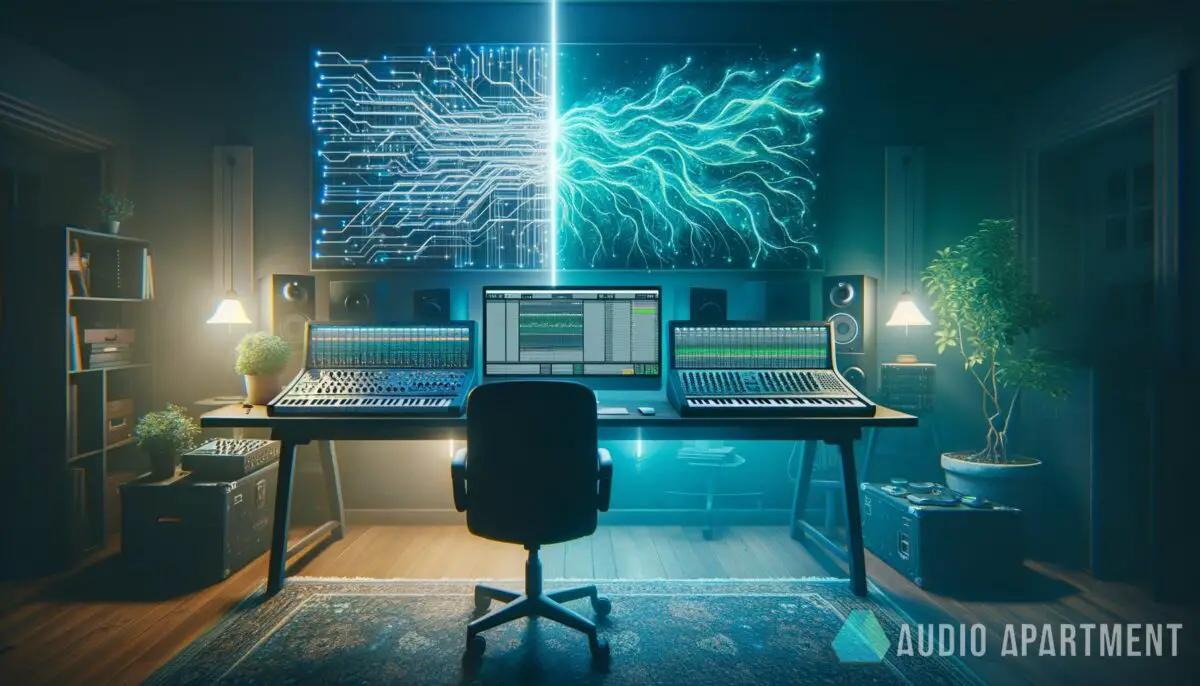As an artist, protecting your music is essential. With copyright laws in place, you can keep your work safe from being stolen or misused. But how do you copyright your music?
This article covers the steps needed to copyright your music and the legal protection it provides. So if you’re a songwriter or producer or just curious about how to secure your music, this post is for you!
What is copyright, and why is it important?
Copyright is a part of intellectual property law that protects all kinds of creative works, including poems, books, movies, songs, CDs, websites, and even buildings. It is intended to protect the original expression of an idea in the form of a creative work, but not the idea itself. The creative work may be in a literary, artistic, educational, or musical form.
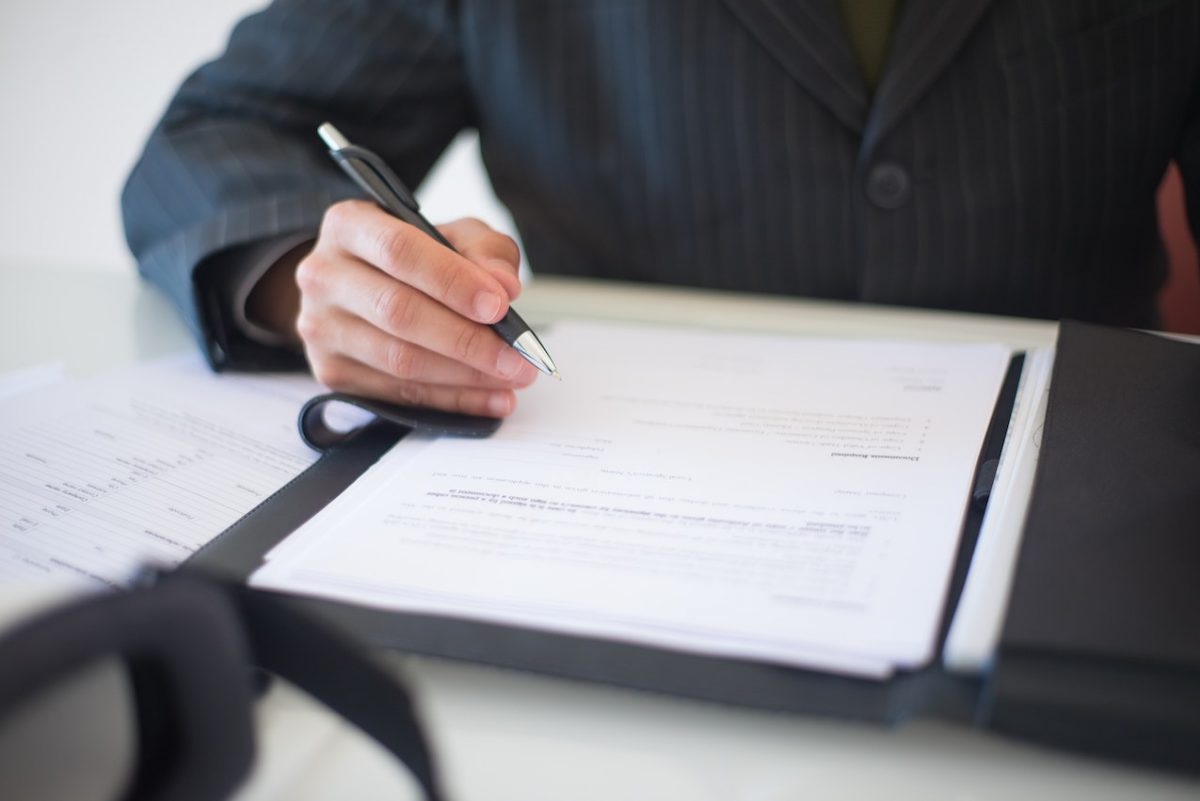
The only person who can make copies, change, or create new works from their work and perform, show, or distribute that work is the person who owns the copyright.
The only person who can make copies, change, or create new works from their work and perform, show, or distribute that work is the person who owns the copyright. It guarantees that writers get all of the financial benefits from their works.
In the United States, copyright law provides copyright owners with the following exclusive rights: reproducing the work in copies or phonorecords, preparing derivative works based upon the work, and distributing copies or phonorecords of the work to the public by sale or other transfer of ownership or by rental, lease, or lending.
AKAI Professional MPK Mini MK3

AKAI Professional MPK Mini MK3
What types of music can be copyrighted?
It is sometimes unclear what can and cannot be copyrighted in the music industry. Therefore, the following items are and are not valid for entry:
Copyright-protectable work
- Song lyrics
- Completed works (e.g., songs, jingles, incidental music, symphonic pieces)
Exempt from copyright protection
- Song titles
- Chord progressions
- Incomplete or unfinished works
Copyright protection does not cover titles, names, short phrases, and slogans; however, these may be protected under other areas of intellectual property law, such as trademark law.
Musicians should also be aware of important updates to copyright law, including the Music Modernization Act (MMA) and the CASE Act. The MMA updates the way musical works rightsholders are paid royalties when their work is played online via interactive streaming services, effective January 1, 2021.
How to copyright your music
To copyright music in the United States, you can register your music with the U.S. Copyright Office. The registration process involves submitting an application, a filing fee, and a copy of your musical work. Here are the steps to follow:
1. Prepare your materials.
At first, you should gather all of your important musical assets and make sure they are in good, easy-to-read formats. Then, keep your music data, split sheets, MP3s, lyrics, and other relevant materials in one convenient location.
2. Create your online account.
The next step is registering with the official US copyright website. Get comfortable with the submission tool and fill out the relevant contact information.
3. Fill out the online form for your first copyright submission.
Put aside some peace and quiet to complete these forms thoroughly. On the website, visit the Registration Portal and log in to the Electronic Copyright Office (eCO) Registration System. Focus on “register a work” and choose “standard application” in most situations.
After that, you’ll be sent to a page that will assist you in double-checking that you’ve selected the right application to fill out, and then you’ll be asked a series of yes/no questions that will reveal whether or not your work is eligible for the regular application procedure.
After choosing your work’s category, input the titles, authors, claimants, rights, permissions, communication contact information, and postal address. It’s now time to verify and approve your application!
Step 4: Make your payment.
You will then be transferred to a third-party site where you can complete the transaction. Both credit cards and e-checks are accepted for payments.
Step 5: Submit your supplemental materials.
The submission of your musical elements is required once payment has been verified. Acceptable file types are specified, so make sure you take note of them! Remember to wait until all your files have loaded before refreshing the page or proceeding to the next step if you’re uploading electronic copies of your work, or you may have to start again.
Step 6: Receive your digital and hard-copy confirmations.
After completing the online submission process, you will be promptly notified that your documents and money have been received. Then, wait for the physical copies to arrive in the mail sometime during the next six months. It would be best if you didn’t wait for copyright protection to kick in because your online submission was accepted; it goes into effect immediately.
How much does it cost to copyright music?
The cost of registration to copyright music in the United States is based on the type of registration and method of submission. The fees are set by the U.S. Copyright Office and are subject to change.
| Type of Registration | Online Filing Fee | Paper Filing Fee |
|---|---|---|
| Single Work Registration (Basic) | $35 | $85 |
| Single Work Registration (Standard) | $55 | $100 |
| Single Work Registration (Same Day) | $55 | $800 |
| Standard Application (2 or more works) | $85 | $125 |
| Paper Forms (Form CO) | N/A | $85 |
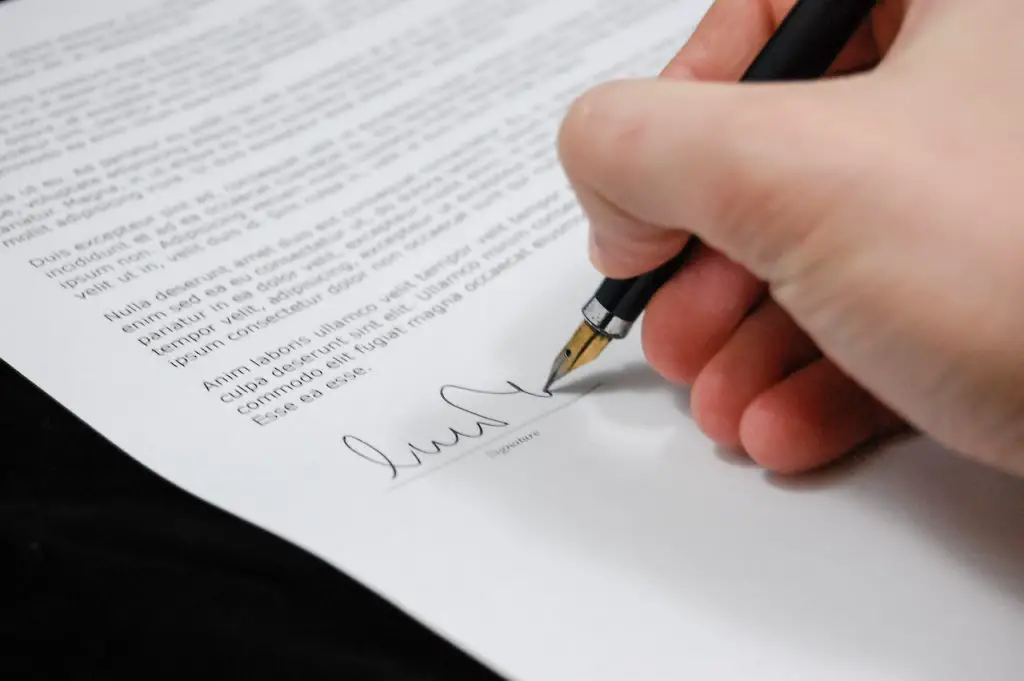
Advantages and disadvantages of copyrighting music
Copyrighting music is the legal process of protecting an artist’s original composition from unauthorized usage or reproduction. While it can provide benefits, there are also some drawbacks to consider. Here are some pros and cons:
Advantages
Copyrighting music can provide several benefits, including:
- Legal protection: Copyrighting music gives an artist the exclusive right to use, distribute, and sell their work. This means that anyone who wants to use the music must obtain permission from the copyright owner or risk facing legal consequences.
- Increased income: Copyrighting music allows artists to earn income from their work. They can license their music to others for use in movies, commercials, and other projects, or they can sell their music directly to consumers.
- Preservation of artistic integrity: Copyrighting music ensures that an artist’s original composition remains intact and unaltered, which helps preserve their artistic vision.
Disadvantages
While copyrighting music has some advantages, there are also some potential drawbacks, such as:
- Costs and fees: The process of copyrighting music can be expensive, and there are fees associated with registering and maintaining the copyright.
- Limited duration: Copyright protection for music is limited to a set period, typically the life of the artist plus 70 years. After this time, the music becomes part of the public domain and can be used by anyone without permission or payment to the original artist.
- Potential for infringement claims: Copyrighting music can lead to legal battles if another artist or company believes that the music infringes on their own copyright. This can be a time-consuming and costly process to resolve.
If you want even more tips and insights, watch this video called “How To Copyright Your Music” from the Charles Cleyn YouTube channel.
Frequently asked questions (FAQ)
Do you still have questions about how to copyright music? Below are some of the most commonly asked questions.
Should I copyright my music?
Even though it’s not required, registering your copyrights will give you more legal protection if you must sue someone who used your music without your permission.
How long does music copyright last?
Copyright protection usually lasts as long as the author lives, plus 70 years for works created on or after January 1, 1978.
Can I protect my music without copyright?
Unfortunately, it is not possible to protect your music without copyright. Copyright protection is the legal right given to creators of original works, including music, which gives them exclusive control over the use and distribution of their work.
Conclusion
Music copyright is important in protecting your hard work and ensuring that you are properly compensated for it. By understanding the process and taking the necessary steps to copyright your music, you can ensure that your creative work is safeguarded from unauthorized use.
So, do you plan to copyright your music? And did I cover everything you wanted to know? Let me know in the comments section below (I read and reply to every comment). If you found this article helpful, share it with a friend, and check out my full blog for more tips and tricks on music production. Thanks for reading, and never stop making music.
Key takeaways
This article covered how to copyright your music. Here are some key takeaways:
- Copyright is a part of intellectual property law that protects all kinds of creative works, including poems, books, movies, songs, CDs, websites, and even buildings.
- To copyright music in the United States, you can register your music with the U.S. Copyright Office.
- The cost of registration to copyright music in the United States is based on the type of registration and method of submission.
- Benefits of copyrighting your music include having legal protection, increased income, and preservation of artistic integrity.
- Some drawbacks of copyrighting music are the cost and fees of the registration process, the limited duration of the copyright protection, and the legal process in case you encounter someone infringing your rights.

